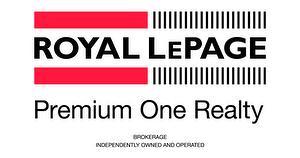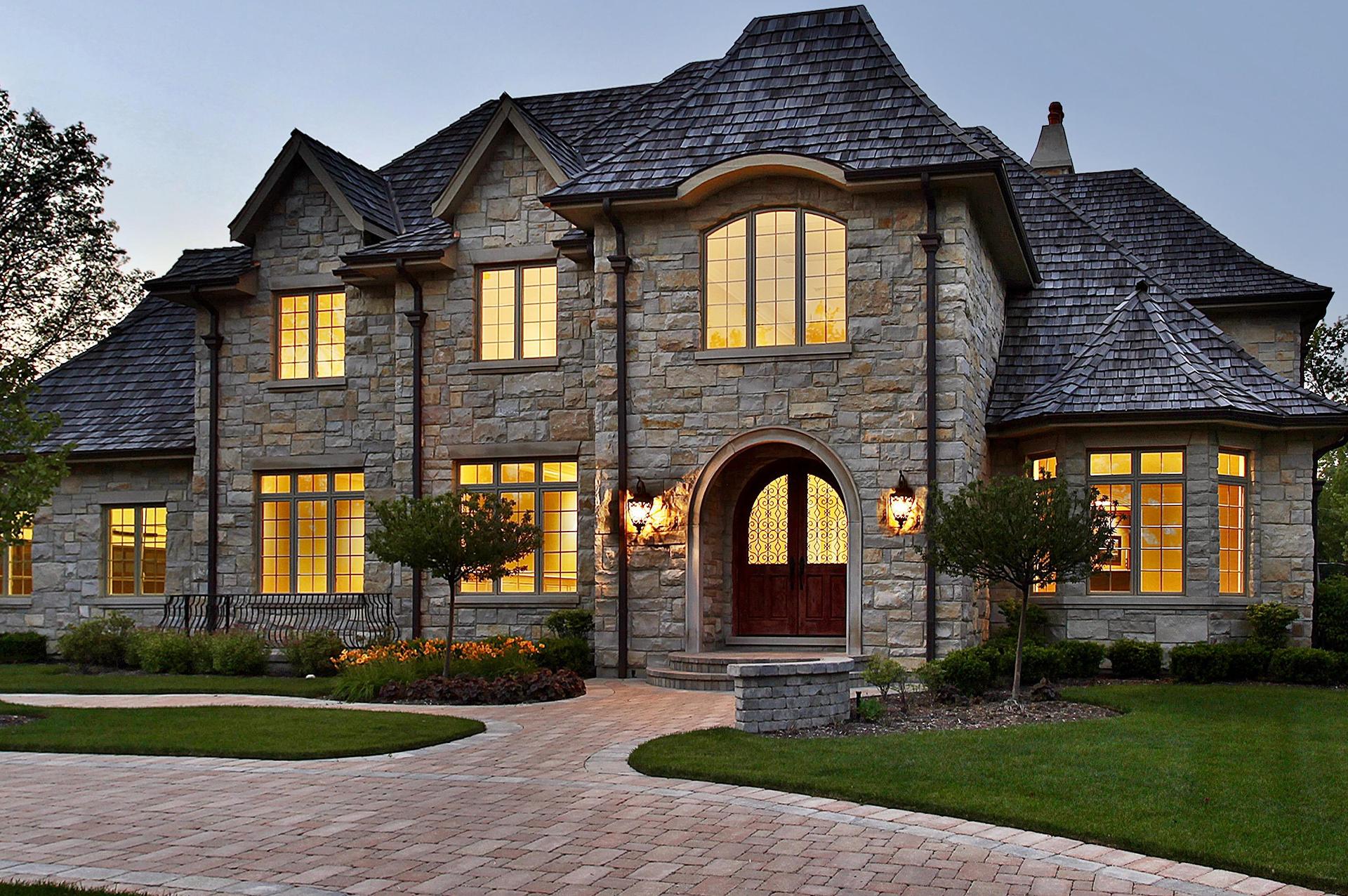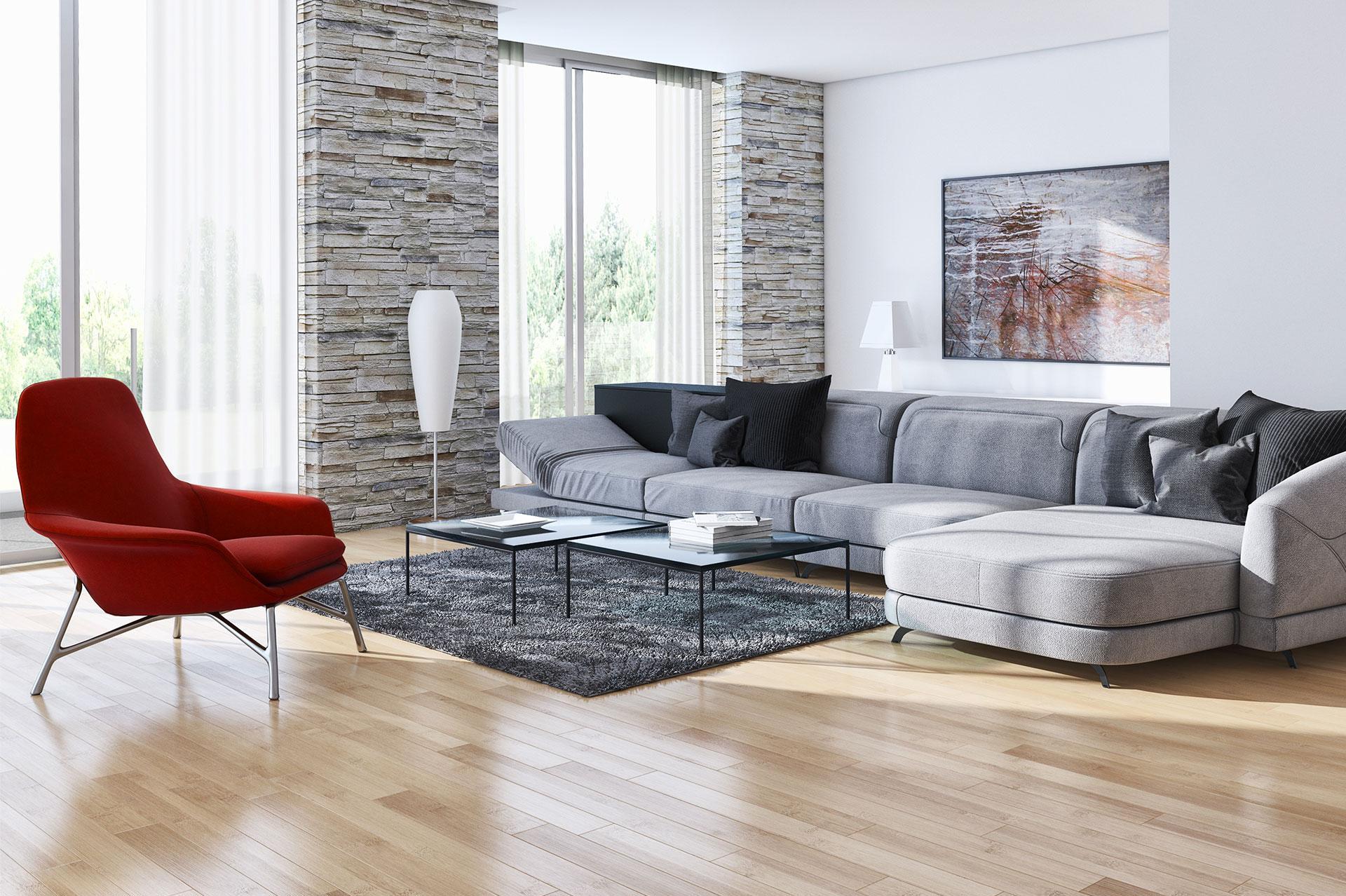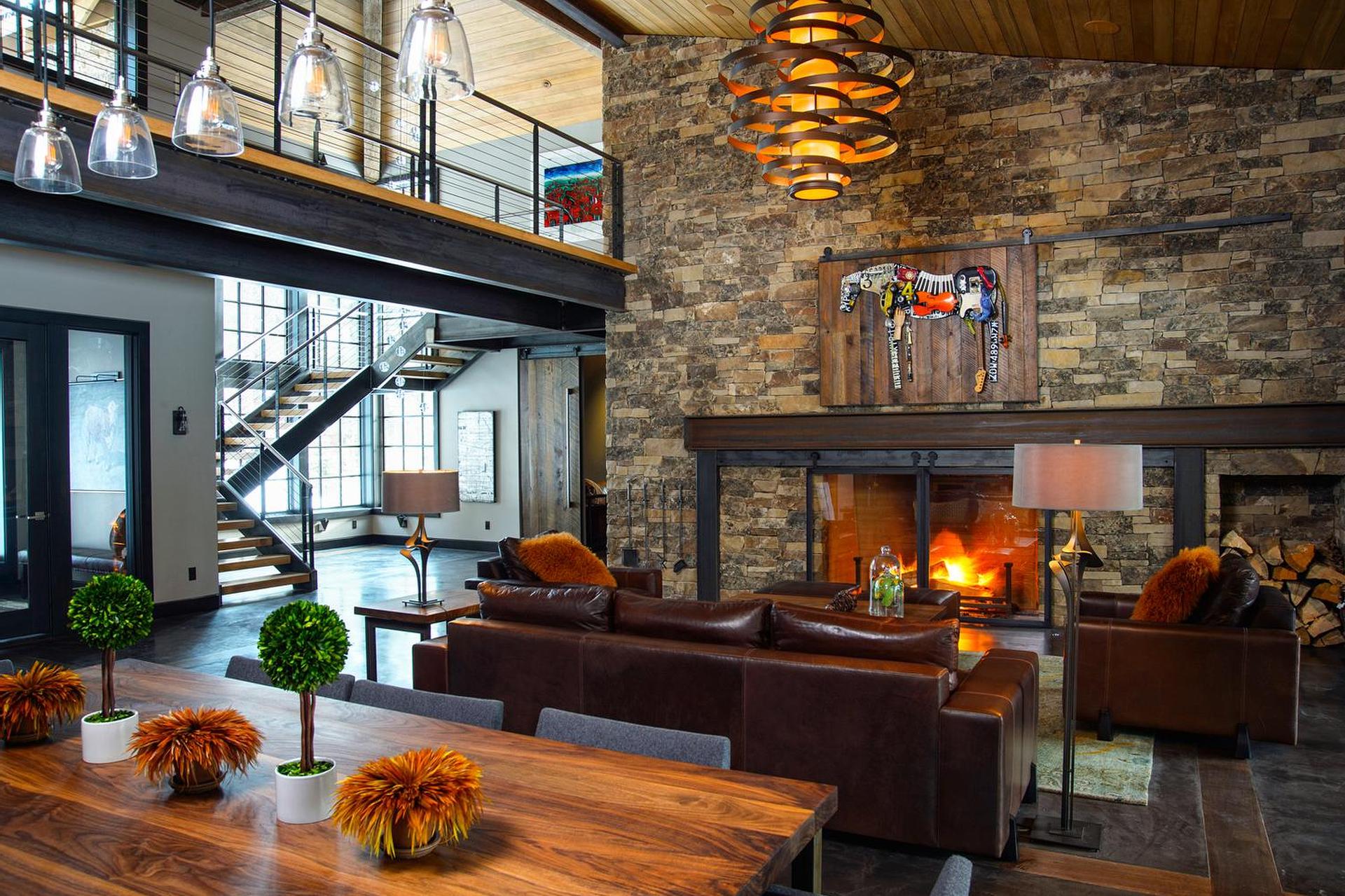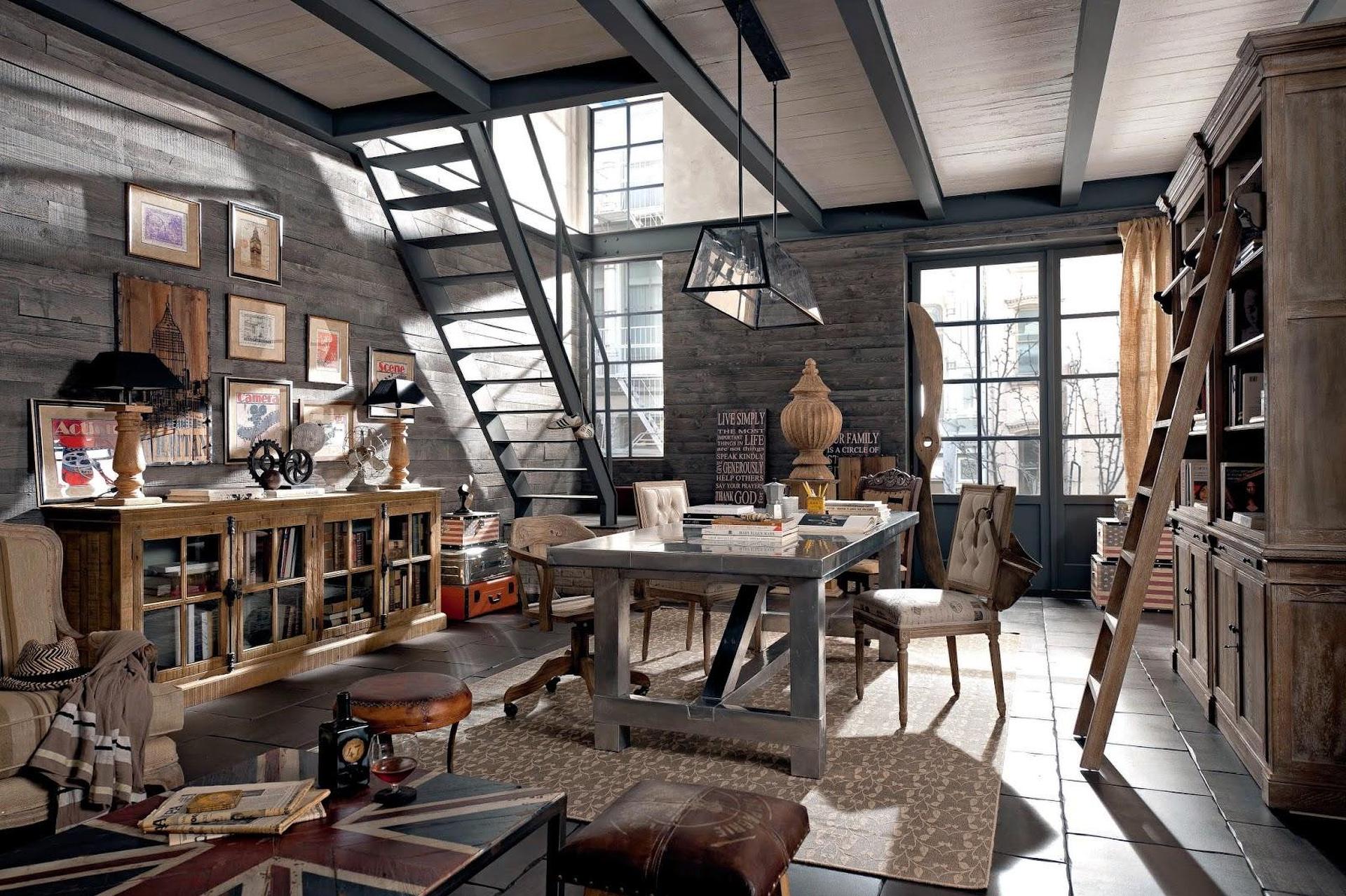
In addition to your real estate agent, you will now need to bring in a few pros to help get you to the finish line and make sure the investment you’re about to make is sound. Your real estate agent can put you in touch with these people and make recommendations. Here are a couple of key people you should be talking to:
A home inspector – an absolute must in saving you from some unpleasant surprises later on. He will check your property for any structural damage; perform a thorough examination of the heating and cooling system, plumbing and electrical systems, the roof, attic, walls, ceilings, floors, windows, doors, foundation, basement and more; then prepare a complete written report detailing all their findings.
A legal professional – when it comes to complex legal documents, it takes a lawyer experienced in Canadian real estate law to help make sure that you and your investment are protected. A real estate lawyer will review the agreement of purchase and sale, do a property title search, check that your home complies with current building and zoning codes, ensure utilities and property taxes are paid up, review the mortgage agreement, and get all the paperwork ready for closing.


